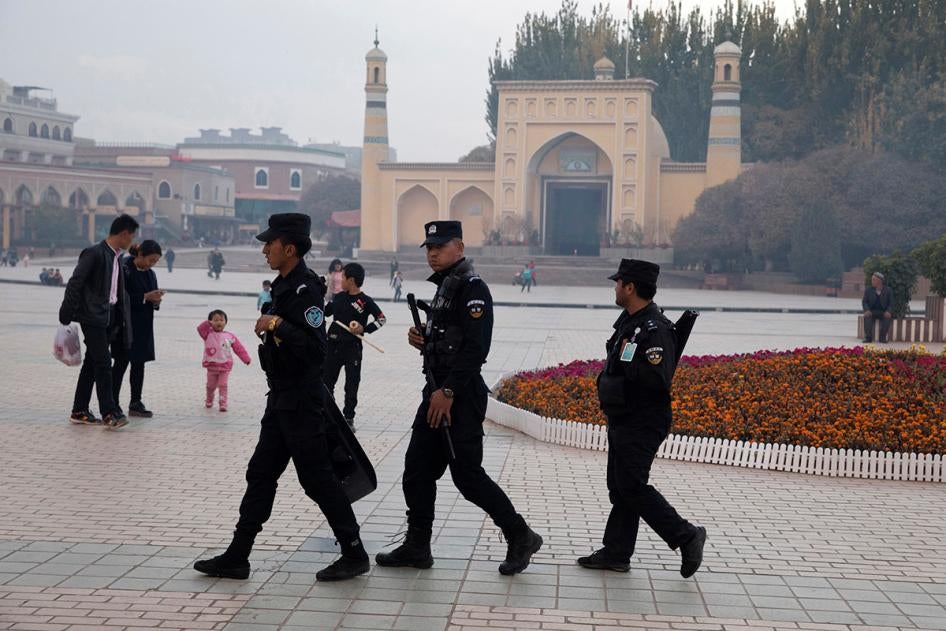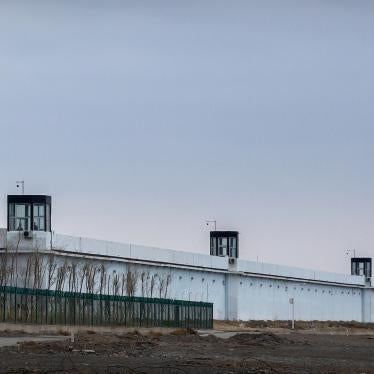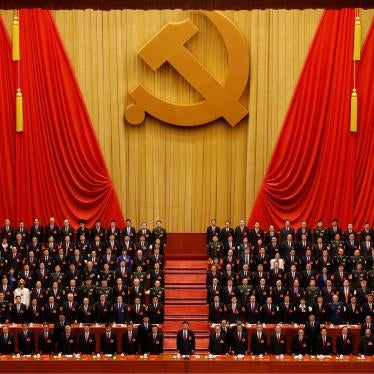Most of the world leaders attending the G20 summit in Indonesia this week are expected to meet Chinese President Xi Jinping in person for the first time since he secured an unprecedented third term in power in October and the start of the Covid-19 pandemic in 2020. It’s also the first face-to-face meeting between Xi and most democratic G20 leaders since their countries began calling out the Chinese government’s crimes against humanity targeting Uyghurs in Xinjiang.
On October 31, fifty countries issued a joint statement at the United Nations supporting the findings of the report by the UN High Commissioner for Human Rights on Xinjiang, which found that Beijing’s policies “may constitute … crimes against humanity.” Earlier in October at the UN Human Rights Council, a group of countries put forward an initiative to secure debate on the report’s findings; it failed by a vote of just 19 to 17 against.
The G20 meeting is an opportunity for governments to build on the growing global momentum for an international investigation and accountability for widespread and systematic human rights violations committed by the Chinese government. No leader should fail to directly and publicly challenge Xi at the summit over Beijing’s rights violations, and make clear their intent to pursue justice through national and international mechanisms. They should commit to adopting and enforcing import bans on goods linked to Chinese government repression in Xinjiang and elsewhere, and express concerns about Chinese government threats to human rights not only inside China but also abroad, including in their own countries.
The G20 agenda is filled with urgent global concerns, including food insecurity, the climate crisis, and Russia’s invasion of Ukraine. All of these would be more effectively resolved with Chinese government policies and practices that respect human rights. Yet Xi’s remarks to the 20th Chinese Communist Party Congress in October made clear the government was not going to loosen its grip at home or adopt human rights-friendly policies abroad.
G20 governments shouldn’t temper their expectations for Xi’s rule when it comes to global issues, including human rights. They should act together to call for accountability for the most serious crimes and promote respect for rights inside and outside China. Recent developments show that global scrutiny of Chinese government abuses is within reach.









